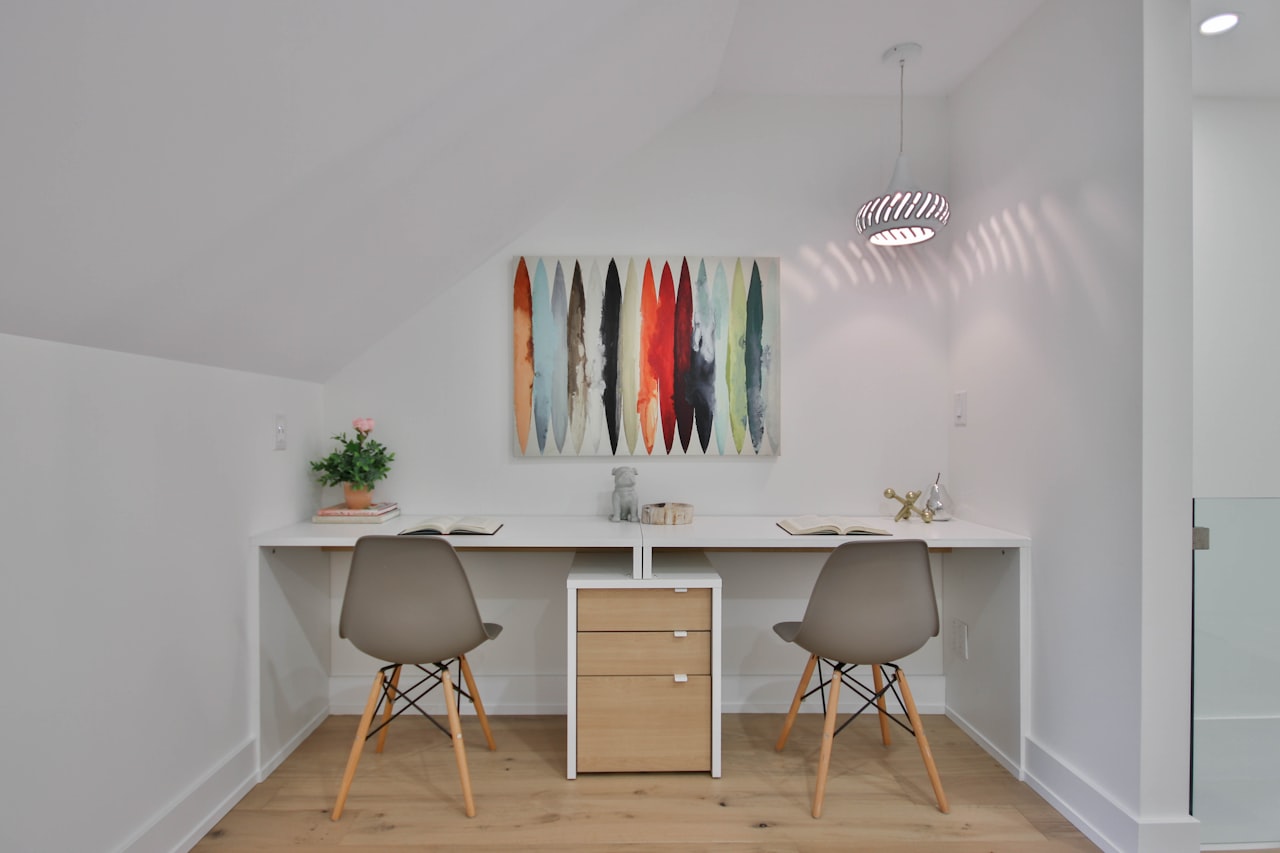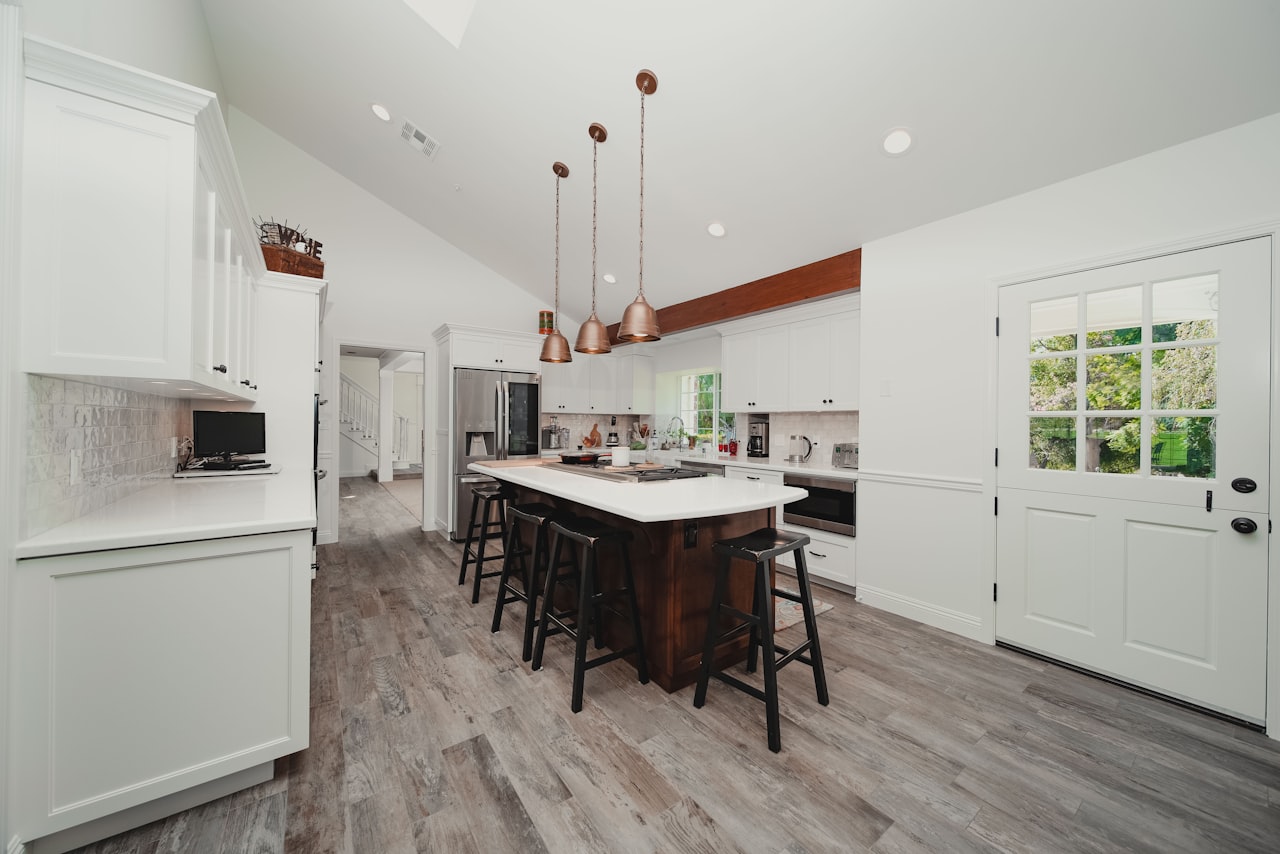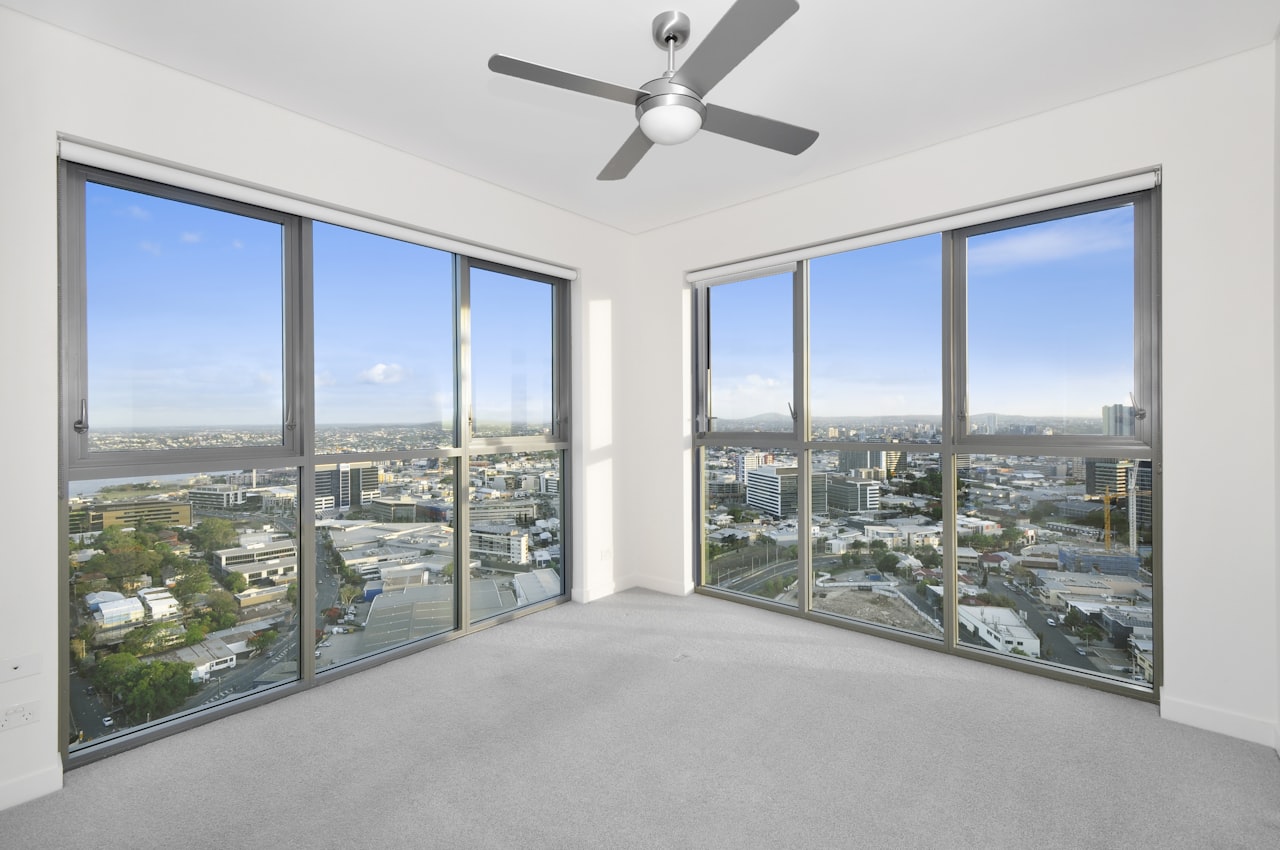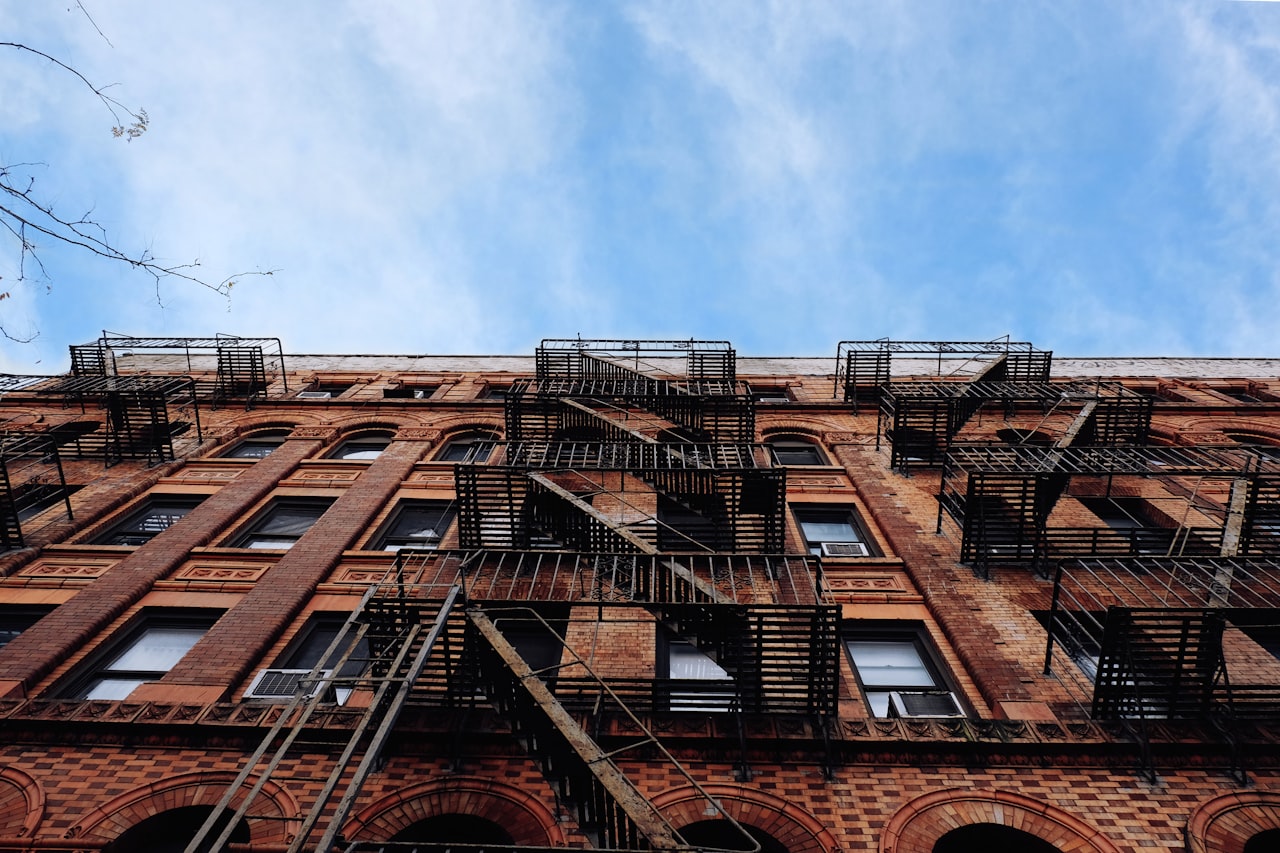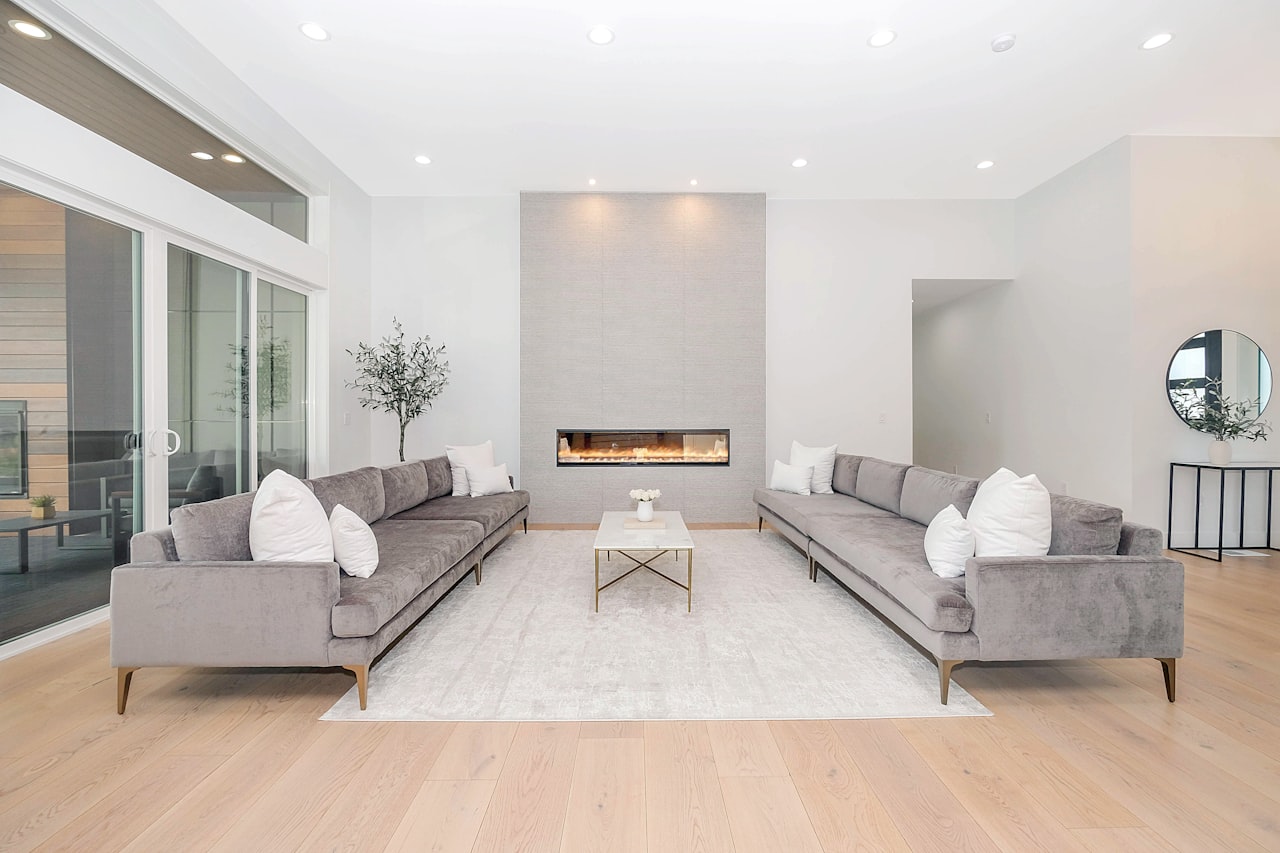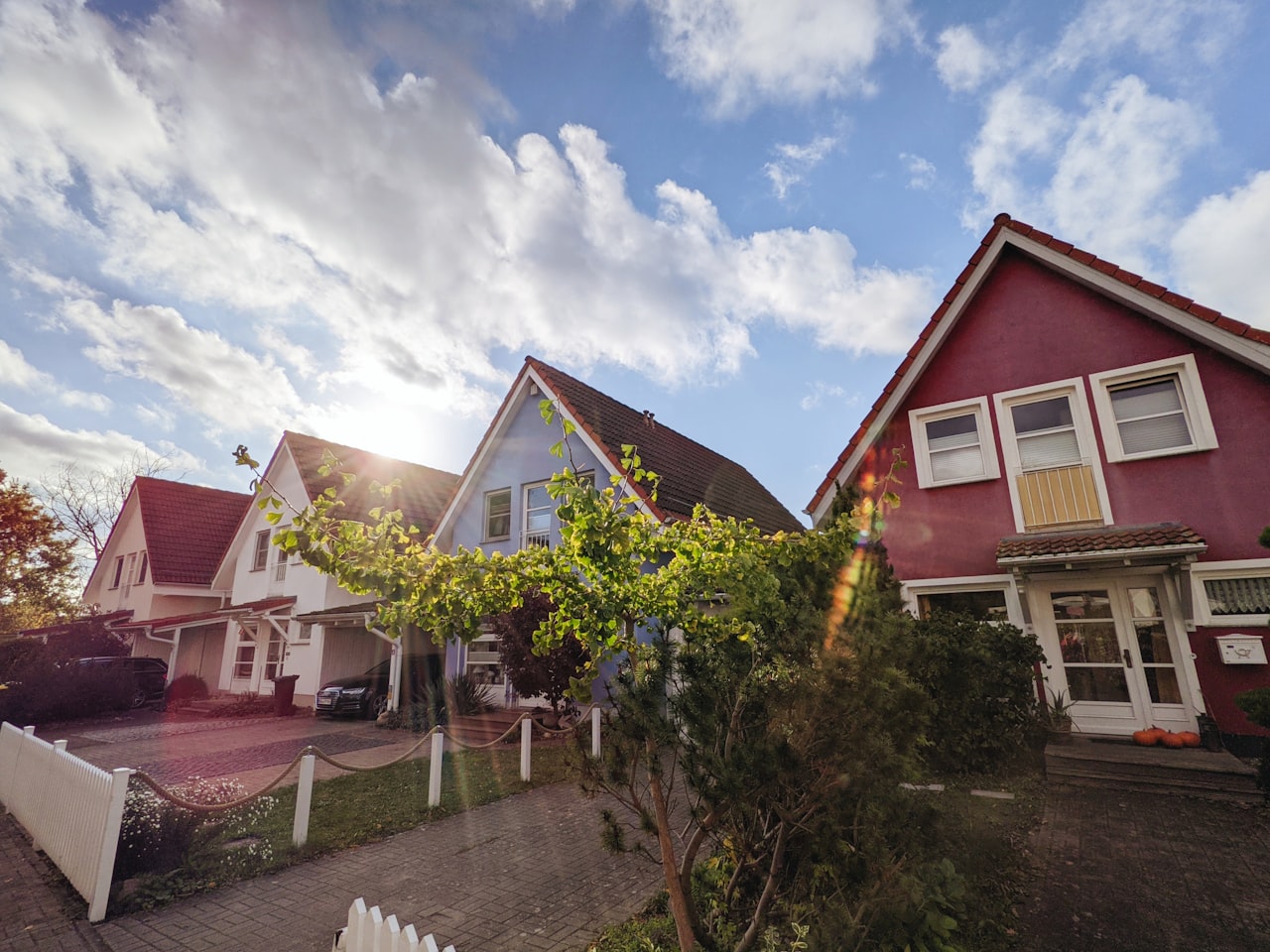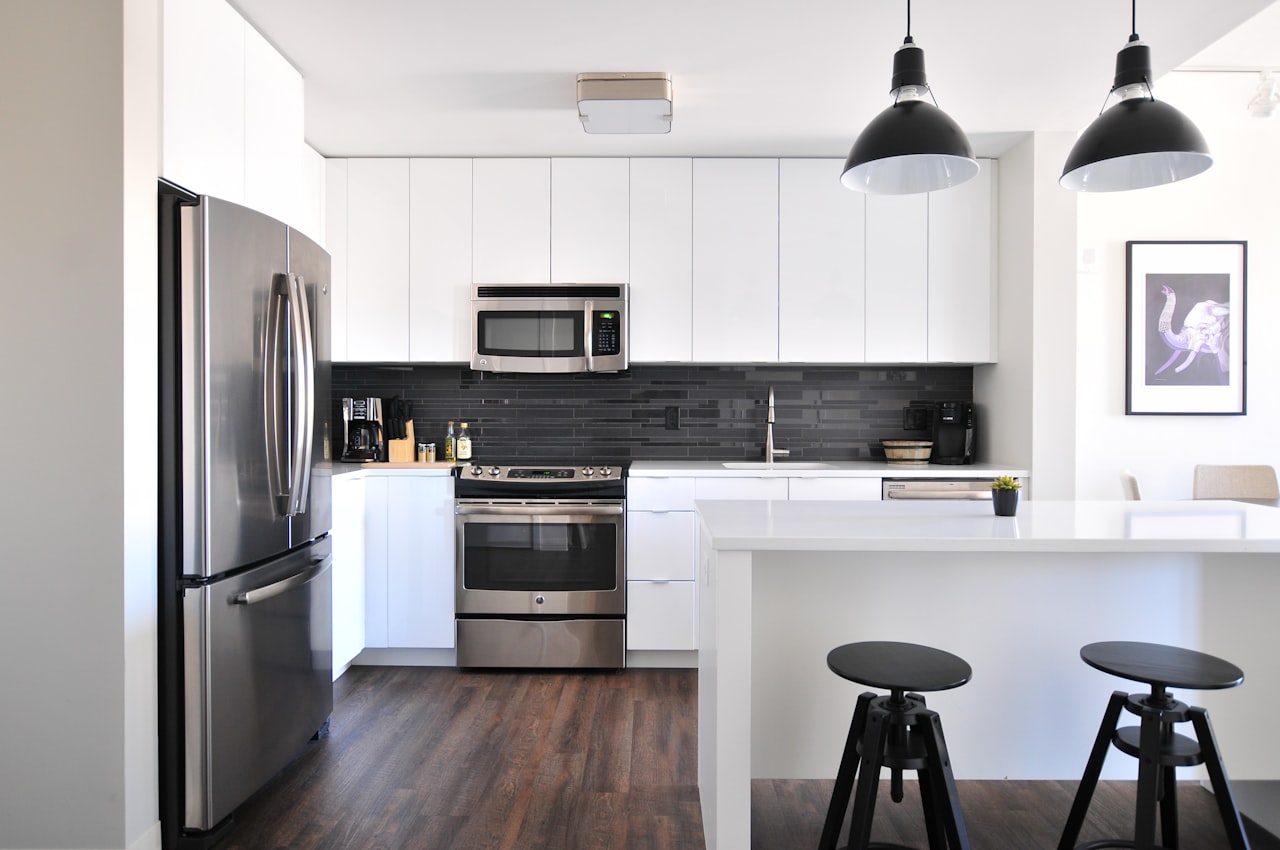The data shows the volume of sales and apartment prices fell sharply in the third quarter, in almost every real estate category. Q3 closed with very soft numbers, but there are many factors that played into this. None more prominent than the passage of new Mansion Tax laws that could add hundreds of thousands of dollars to the cost of a real estate purchase. As buyers scrambled to make purchases before these new laws went into play, Q2 ended with a tremendous uptick. In turn, Q3 ended sluggish do to the fact that so many transactions that would have closed in the quarter were rushed to close by the end of June.
Manhattan Real Estate Market Free Fall?: Here is a great article from Forbes explaining why Manhattan real estate is not in a ‘free fall’.
No More Hiding Behind LLCs: As of September 13th, a new New York State Law makes every condo buyer’s name publicly available under the state’s Freedom of Information Law, even if they bought under the name of an LLC. This will include investors in all construction projects. This is a huge blow for owners who prefer to purchase through LLCs, also known as shell companies. Some want privacy, and others want to protect assets from lawsuits.
Mortgage Rates Poised to Drop Even Further: Fixed mortgage rates could fall to 3.3% by the end of the year as the nation’s economy slows, according to Lawrence Yun, chief economist of the National Association of Realtors. That would put the rate just slightly below the 3.31% seen in November of 2012 – the lowest average for a 30-year fixed mortgage in Freddie Mac data going back to 1971.
Monumental California Rent Cap: California will cap rent increases under a new law Governor Newsom said he would sign last week, the most significant piece of housing-related legislation in a year that also saw the shelving of a measure to relax zoning and spur more construction. The law limits annual rent increases at 5%, plus the rate of inflation, and adds some barriers for landlords seeking to evict people. More than half of California renters are considered burdened, paying more than 30% of income for housing, including utilities, according to estimates by the Joint Center for Housing Studies of Harvard University. Could similar regulations be coming to NY?




















































